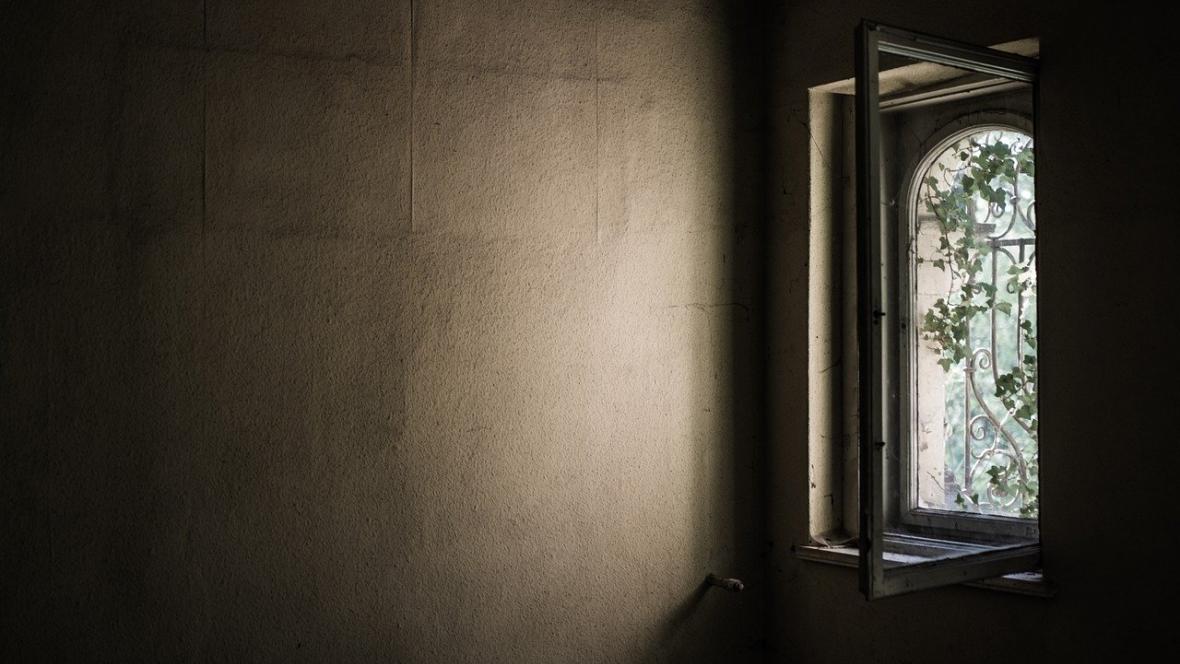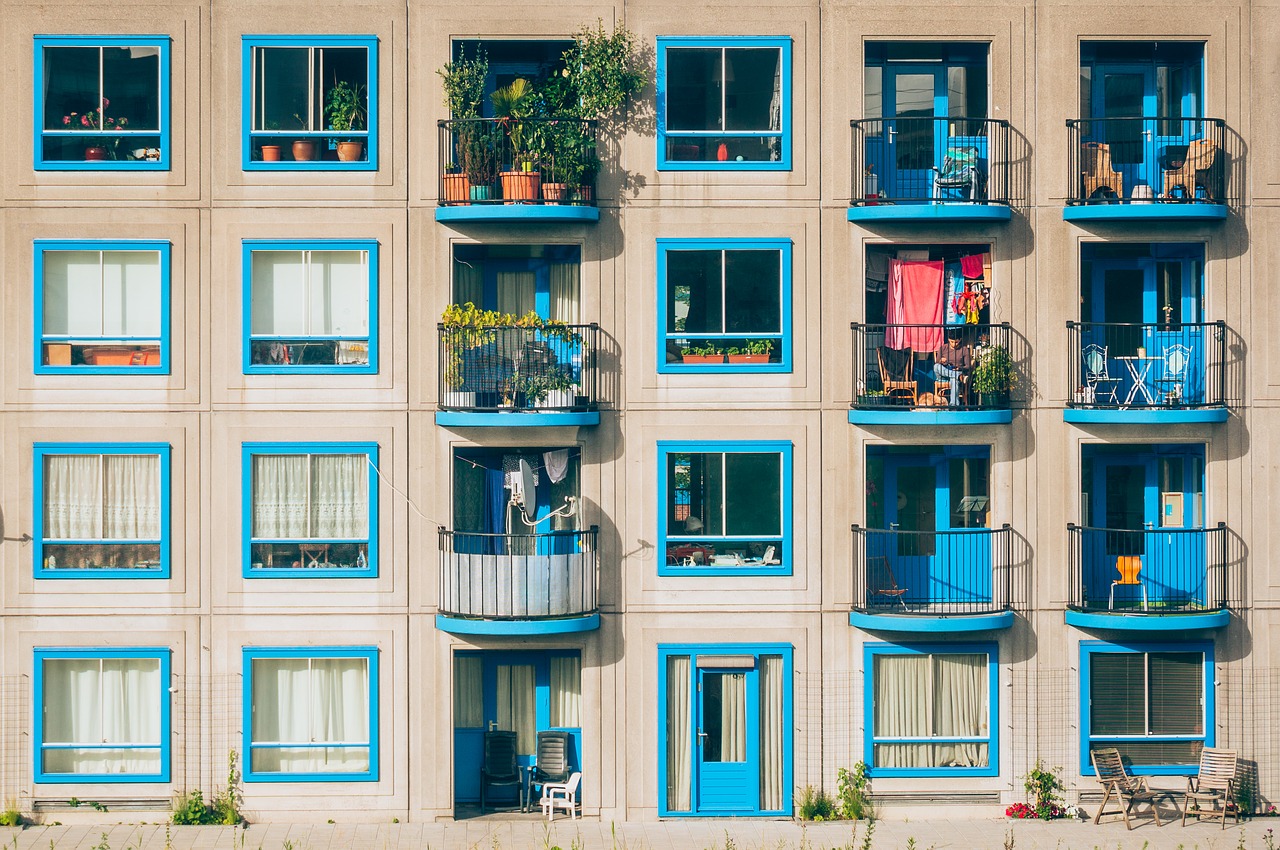
This is the second post I've started, trying to avoid the issue of the coronavirus. These days we're all scared and thinking about the virus we didn't know about until very recently. I don't really know about this subject beyond what I can read on the net. I try not to, because lately it seems that we have all become epidemiologists, chemical biologists and captains "a posteriori". That's why I'm not going to talk about the virus, beyond repeating that you have to wash your hands, cough/sneeze into your elbow and stay home. But I trust that the readers of this blog are already doing it even before the fines started.
The issue of staying home is what I want to talk about today. First, I'll tell you the story of the elbow. When I arrived in the United States, I was surprised by the coughing and sneezing in my elbow. In Spain we are more of a hand or use a clinex. I was really surprised and I know that I was not the only one, because it was something that we Spaniards talked about. I thought it was artificial, one more peculiarity of the Americans, who automatically take a step backwards when they see you sneeze. With time I realized that it was much more logical to cough into the elbow, cleaner and thus avoid infecting the people around us. In a few months I incorporated it into my practice (in Boston it is normal to always have a slight cold which here -illusions- they call allergy). I also realized that, in a context without public health care, the terror of a sneeze had its share of reason: having a flu can be a tragedy. It is not only the price of the doctor in the face of any complication, but also the cost of the medicine.
But I return to the issue of staying at home and the psychosocial effects that come with it. Home is a protective, safe environment and is fundamental to our socialization. Housing is fundamental for social integration, for not getting sick, for even developing feelings of belonging. I talk about this very often (I wrote a book and everything) so I am going to insist just enough. Housing is the place where we learn the most basic things, like how to relate to our parents and siblings. It's our space of safety. Look at something as basic as children's games screaming "House!" when they get to the safe space, where they can't get caught, where they can't get attached. What we consider "home" gives us a sense of security. When we get home we feel safe, secure. As a note, however, I will point out that I am aware (and I indicated this in my thesis) that housing is not always a safe place or is not safe for everyone. I think of people who are abused, I think of people who are in a vulnerable residential situation.
In these days when our heads keep spinning (our family, our friends, ourselves, the economy, who and what needs so much toilet paper) I also think about how it is affecting us and what effect the isolation will have on Spain. How this forced situation will affect family relations, but above all, how to make them more bearable in a context of great tension. To have a home, a house where you can stay for a weekend without going out is wonderful (to which not everyone has access, I think of the homeless) but when you are forced to do so...ah, that's another song. The inability to go out for a walk affects our mood. Let's not forget that we are in a context of a lot of stress, so let's not ask ourselves to be happy and content. Let's see what we can do in a context where our possibilities of socializing are very limited.
Older people who live alone and children will be the most affected by this situation. In the case of children, I am not going to say much: those who have small children at home these days know what I mean and how being at home all day affects them. The residential inequality here has a clear impact: it is not the same to spend the confinement in a 45 m2 house as in a house with a patio. But it is the people who live alone, and especially the older ones, who worry me the most. Being locked up at home is very difficult, especially in a situation where everything is so extreme. More in a situation where they tell us "you can't get out" (try not to scratch your nose, it will sting three times more. That's right). But being alone these days... that's another thing. Here, we are talking about loneliness, driven by the fear of something we have to learn to react to with a very limited period of time (no, no one is laughing at us. No, in the USA until recently they did not believe that the European and Chinese reality could affect them. In other countries, people informed about what is happening in Spain still believe that they will not get to their country).
Although when I write this they have already banned unjustified travel, we must be aware that the elderly are the most vulnerable to this virus and for that reason we should not go to see them. But that does not mean that they have to be so alone. We can be more present on the phone, for example. Call every few hours, to remind them that they are not alone. Talking to the neighbor from the balcony is not a bad option. Even the one you don't like. We need him.
We can use these days to be more involved in the lives of others, using all those wonderful technologies we have to be close to those who are lonely. But also the old ones (landlines, those wonders of the past).
We can also learn something from this horrible situation, which is to value things more. Not only about the importance of public health (when the strong coronavirus attacks in the United States I do not even want to think about what is going to happen) and the work of the health staff, the cleaning staff and those who serve us in the supermarket (staff who restock, serve at the checkout, those who make the deliveries). Or the school teachers, who protect our children (and 30 others at the same time) while teaching them (and who are not always valued). This is a time when we value the professions we don't think about (the people who drive the trucks that carry that toilet paper you now need by the kilo, for example). It is also a time to value the daily interactions with the people around us and how they are part of us. Think about which older person you know who may feel lonely these days, not only those closest or dearest to you, but also those (great-uncles, the neighbour of the fifth who has three cats) for whom a call can help them feel more connected at a time that is very difficult for everyone.


